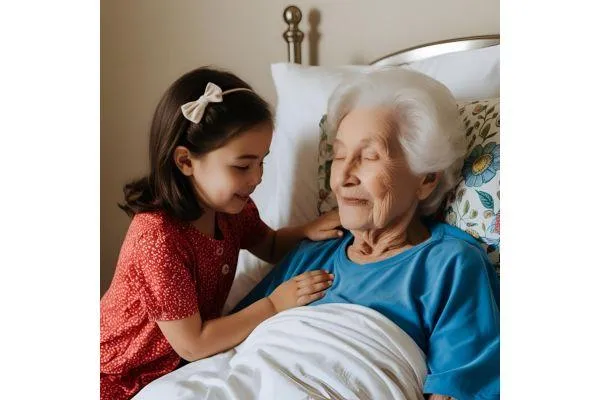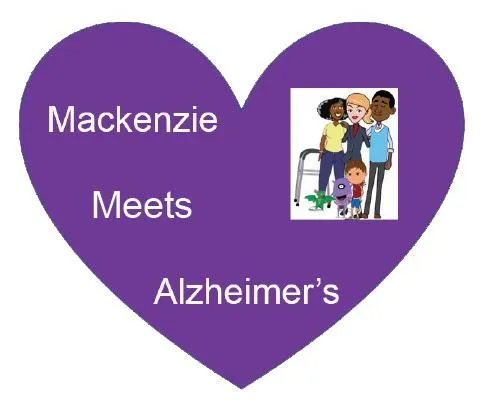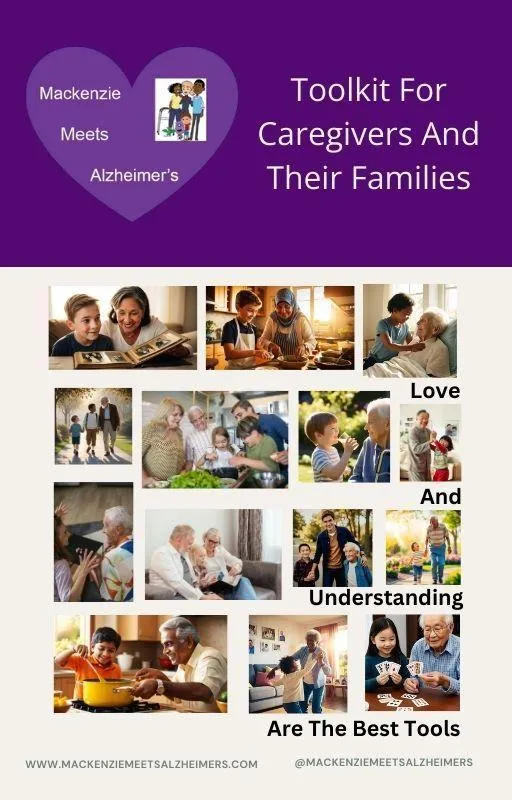
Embracing Your Role: Why Identifying as a Caregiver is Essential
Embracing Your Role: Why Identifying as a Caregiver is Essential
In the world of caregiving, recognizing and embracing your role as a caregiver is a pivotal step that can transform your experience and the quality of care you provide. Whether you're caring for a parent with Alzheimer's, a partner recovering from surgery, or a child with special needs, identifying as a caregiver is crucial. But why is this acknowledgment so important? Let’s explore the profound impact that recognizing your caregiving role can have on your life and the lives of those you care for.
Get started by downloading our free Caregiver Identification Checklist here
Why is it important to self-identify as a caregiver?
Understanding the significance of identifying as a caregiver can open up a wealth of opportunities and support. Here’s how acknowledging this role benefits you and those around you:
Access to Support Networks: Once you recognize your role as a caregiver, you become eligible for various support systems designed to aid caregivers. These include support groups, educational resources, and community programs that can provide emotional relief and practical assistance.
Improved Mental and Emotional Health: Accepting your caregiving role allows you to acknowledge the emotional and physical demands it entails. This awareness is the first step toward seeking help and taking necessary breaks, which are essential for preventing burnout and maintaining your well-being.
Effective Advocacy for Resources: Identifying as a caregiver makes you more proactive in seeking and advocating for the resources and support you need. This could involve discussions with healthcare providers, accessing social services, or negotiating with family members.
Skill Development: Recognizing your position encourages you to continuously learn and refine your caregiving skills, ultimately improving the quality of care you provide. Many organizations offer training and workshops specifically for caregivers, enhancing your effectiveness in this role.
Recognition and Appreciation: By identifying as a caregiver, you help others understand the vital work you do, which can lead to greater appreciation and support from family, friends, and colleagues. This recognition can provide a much-needed morale boost and foster a supportive environment.
Conclusion:
Identifying as a caregiver is more than just a label—it’s an empowering step that can lead to significant benefits for both you and your loved ones. By embracing this role, you unlock access to critical resources, improve your mental health, and enhance your caregiving skills. Most importantly, you cultivate a supportive community that values and appreciates your dedication.
As you continue your caregiving journey, remember that recognizing your role is the first step toward creating a balanced, fulfilling, and effective caregiving experience. Embrace this identity with pride and compassion, knowing that you are making a profound difference in the lives of those you care for.
Resources:
You are not alone. Get your Caregiver Identification Check list here. As a self-identified caregiver, you now have access to a wide range of trusted resources designed to support you. Make sure you download the checklist and answer the questions. You can get it here.
Then visit our vetted resources page on our website to explore tools, information, and support tailored to your caregiving journey. Click here.

